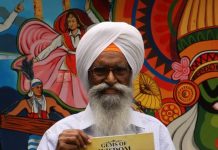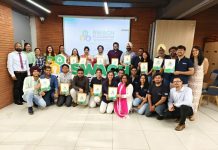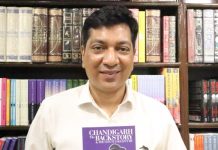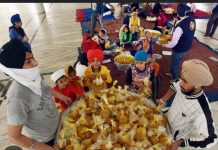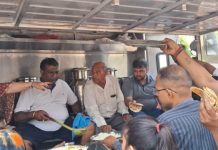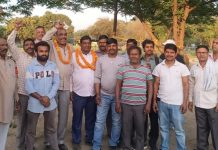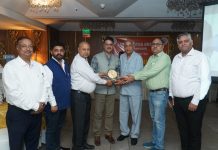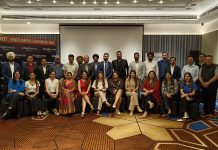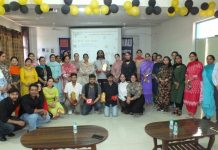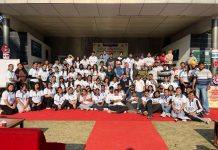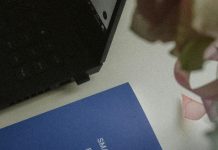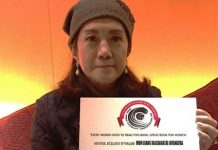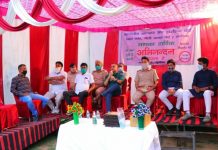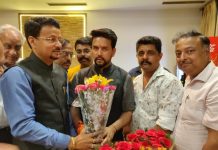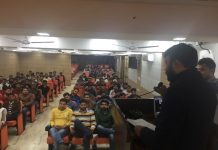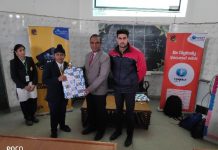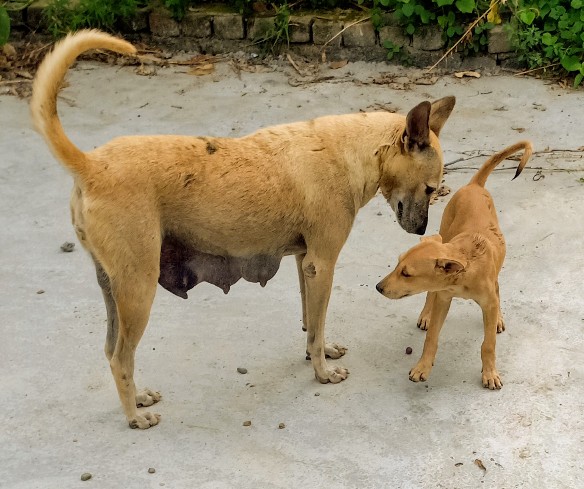Dear Prime Minister,
You are our guardian. We may not be able to cast the votes, but the Constitution of India has given us the Right to Life. The Supreme Court and few High Courts have also pronounced several decisions in our favor. Despite this, in recent years we have been dying of hunger and thirst and our life is in extreme danger. Hope you will consider our agony.
Laws on animal atrocities have become outdated. There is an urgent need to amend the laws formed in 1960, and make them stringent. The punishment for those who kill or maim us should be increased from five years to 15 years. There is a big difference between other animals and dogs. You can leave other animals in the forest, but not us. We are dependent on humans for our survival. We live in a certain territory. Our companions would attack us if we cross our area. We survive on the food we get from the people of our area, which we hardly get nowadays.
Urbanization and the expansion of roads has put our life in danger. There is no place left for us to sit peacefully. There are no trees or water bodies available for us. Motor drivers hit us frequently. Earlier we used to find some leftover food from the garbage dump, which has disappeared now, thanks to the Swachh Bharat Abhiyan. In such a situation, Dear Prime Minister, it is your duty to protect our lives.
Humans domesticated us about 14,000 years ago. We used to help them in hunting, protecting their houses and giving them a company. Gray Wolf is thought to be our ancestor. With genetic engineering, humans created over 400 breeds. Today, foreign breeds are preferred, however we Indian (Indie) dogs have more stamina, strength and loyalty. You would rarely find an indie dog in hospitals, while foreign breeds are aplenty there. We are fit for the Indian climate.
Mr Prime Minister, our population is continuously increasing. We are unable to control it by ourselves. For this, we seek human intervention. Our females give 8 to 10 pups every six months. How can we feed our kids, when there is no food even for us. Many mindless people hit us with stones or sticks. Our babies are put in sacks and thrown away to die. Some ruthless people poison our food. Our death does not make a headline in newspapers. On the contrary, our frightening pictures are published and we are projected as a villain. Our version is always missing in the news. We keep dying in oblivion. This is a gross injustice.
The people of India are not as religious and cultured as before. People no more offer us food or water. No one bothers to check whether we are sitting outside their gates hungry and thirsty. Multi-storey residential societies are the worst case. Their doors are always closed for us. They pretend to be kings.
Not only us, many foreign breed dogs are also suffering. Irresponsible people abandon their pets in unknown areas and in miserable condition. Since these pets are not used to the cruel world outside, they die or suffer tremendously. On the one hand, millions of tons of leftover food is thrown into drains, and we die of hunger. This is how you treat your friends?
The Prevention of Cruelty to Animals Act, 1960 needs amendment. Those who kill us and misbehave with us should get harshest punishment. Every locality, colony and housing society should designate a safe place for our living and feeding. If we get one loaf from every house, that will be enough for us.
You are requested to appeal to the people of India to show kindness and compassion in your next ‘Mann Ki Baat’. Please ensure our sterilization and vaccination. Ask people to adopt Indian dogs, instead of buying expensive foreign breeds. Advise people to keep a bowl of food and water outside their houses. Tell people that pet dogs are not toys, but a living being. Pets should not be teased or abandoned under any circumstances. We seek your love and attention.
yours,
A stray dog
[Article is written by Mr Narvijay Yadav, President, Chandigarh Chapter of Bloggers Alliance]



